The Wrong People Are Really Excited About Pete Buttigieg’s Campaign
The South Bend, Ind., mayor is getting the media scrutiny expected of a front-runner, and his Midwestern golden boy act isn’t holding up.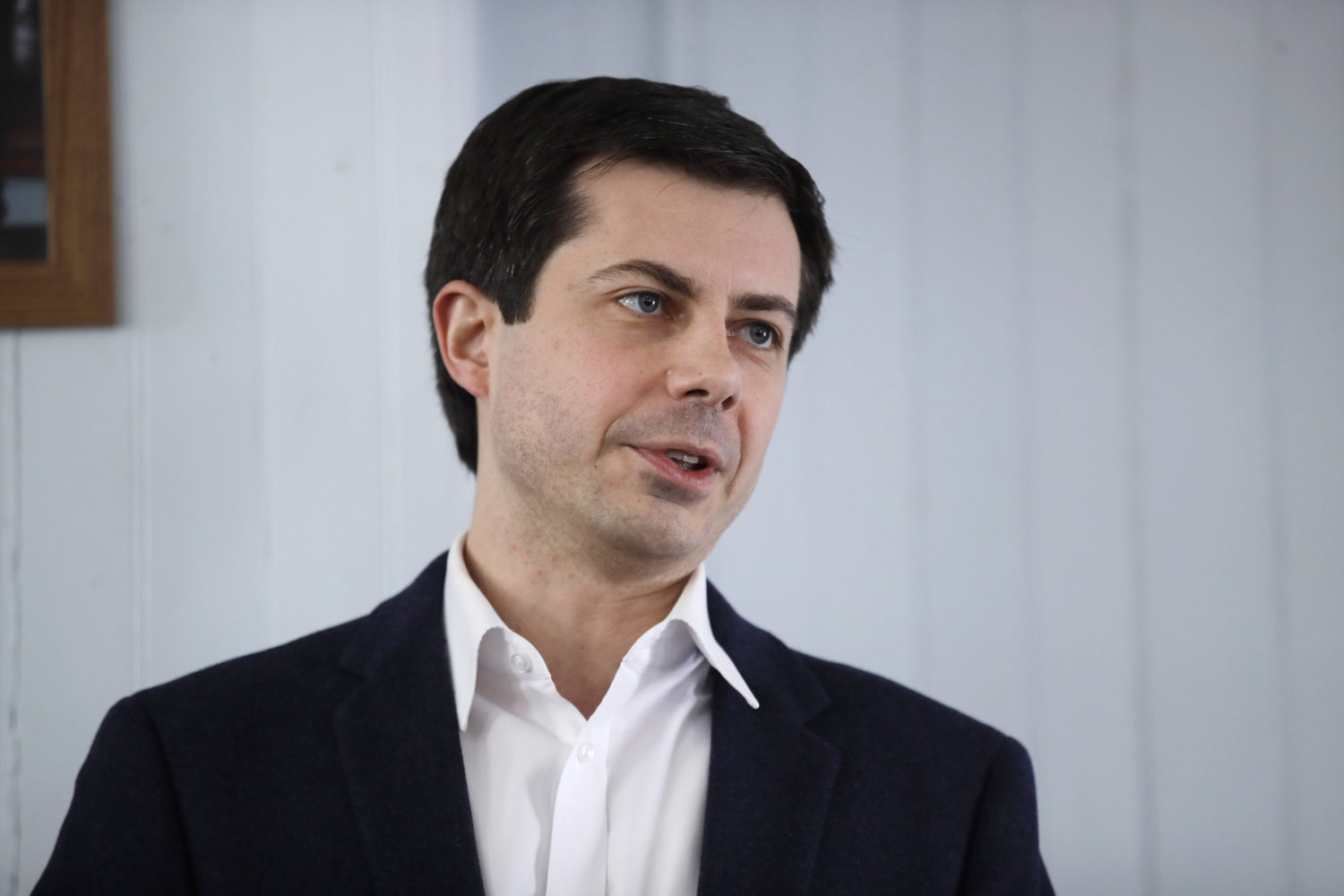 Indiana's South Bend Mayor Pete Buttigieg. (Charles Krupa / AP)
Indiana's South Bend Mayor Pete Buttigieg. (Charles Krupa / AP)
A senator from California, a senator from New York, and a nationally known Texan congressman have all clocked out of the 2020 Democratic primary. Yet the little-known mayor of the fourth-largest city in Indiana is not only staying alive, but thriving.
At least he was, until early December. Pete Buttigieg is currently receiving the media scrutiny expected of a front-runner, and his multilingual Midwestern golden boy routine isn’t holding up very well. After a horrific ProPublica-New York Times expose put the spotlight squarely on Buttigieg’s old employer McKinsey, he has struggled to justify his silence on what exactly he did for the firm, and squirmed under broader scrutiny of his corporate funders and bundlers. That’s also brought his tight-lipped attitude toward his actual record in South Bend—as well as South Bend’s racist policing, and Buttigieg’s own dismissive politicking toward African Americans—back to the spotlight.
My organization, the Revolving Door Project at the Center for Economic and Policy Research, was one of the first to call out this election cycle’s broad lack of bundler transparency, but there’s another, even simpler data point about the South Bend mayor that we’re surprised hasn’t penetrated the broader discourse. Just look at the actual figures lining up behind the South Bend mayor, and it becomes clear that he’s an actor for the well-connected.
On December 5, while the McKinsey story was gaining steam, Buttigieg’s campaign triumphantly announced the endorsement of former chairman of the Council of Economic Advisers Austan Goolsbee. When former White House officials make early endorsements like these, they’re often overtures toward getting their former jobs back. Especially since Goolsbee isn’t backing Joe Biden, Obama’s natural heir, he’s likely angling for a senior position in the Buttigieg administration. Goolsbee said in his endorsement, “It has been a while since I have seen the kind of excitement on the ground in Iowa that Mayor Pete has generated, and the last time worked out pretty well.”
To hear Goolsbee recall Obama’s campaign promises should make all voters groan, and the Midwest seethe. On the 2008 campaign trail, Obama harshly criticized the North American Free Trade Agreement (NAFTA) for hollowing out Rust Belt factories, and even agreed to consider withdrawing the United States in a debate with Hillary Clinton. Yet at the same time, Goolsbee sent a back-channel memo to the Canadian embassy that Obama’s criticisms of NAFTA were “more reflective of political maneuvering than policy.” Later in office, as the American auto industry crumpled under the recession, Goolsbee favored letting Chrysler fail rather than “siphon market-share from Ford and GM,” according to contemporaneous reports.
Goolsbee departed the White House in June 2011 to return to the University of Chicago. In January 2013—while Obama was still in office—he picked up a new job that should raise even louder alarm bells about his priorities and worldview. While ostensibly a full-time professor, Goolsbee now leads the Economic Intelligence practice at 32 Advisors, a firm founded by fellow Obama alum Robert Wolf. What does 32 Advisors do? It does the two things most revolving-door figures do to get rich: influencing and investing.
On influencing, 32 Advisors makes no effort to hide what it’s up to. While Obama was still in office, the 32 Advisors website advertised that it “helps companies navigate the intricacies of government regulations and develop strategies to build strong relationships.” Goolsbee’s Economic Advisory department advertised “unparalleled insights into the future of the economy and its influence on businesses,” including “Geo-Political Briefings & Ad-Hoc Email Insights.” It’s not your average consultant who can offer geopolitical insights from a former Cabinet adviser and longtime confidante of the then-sitting President of the United States. It also says something about a person’s character to offer that insider take to the highest bidder. (Goolsbee was unlikely to starve on his salary as a professor at the University of Chicago School of Business.)
Meanwhile, 32 Advisors also runs its own investing arm called 32 Ventures. This has echoes of Bain and Company’s relationship with Bain Capital, a former Obama punching bag in the 2012 campaign. 32 Advisors’ relationship with 32 Ventures is even closer: instead of separate firms, the consultancy and investment wing are different divisions of the same company.
Nowadays, 32 Advisors’ consulting arm is called Strategic Worldviews, which offers—for the right price—insights from Goolsbee, Glenn Hubbard (a George W. Bush economic adviser who’s now on the board of private equity titan KKR), and others. Here’s the twist: Strategic Worldviews is “a joint venture between 32 Ventures and Anthony Scaramucci’s SALT Ventures.”
Yes, that Anthony Scaramucci.
Other highlights from the 32 Ventures portfolio: Blade, a “digitally powered short-distance aviation company” that puts more recreational planes in the air to gobble up our carbon budget; the cannabis-related companies 14th Round and High Beauty, both of which have white founders, and one of whom is previously wealthy (read about the race and class issues in the legal cannabis industry here); and Chanticleer Holdings, the parent company of … Hooters.
Yes, that Hooters.
So we have a man who wanted to let the Rust Belt collapse, who revolved out to the influence and investment industries, and who literally works with The Mooch, throwing his support behind the Midwestern mayor. And the mayor is proud of this endorsement! The whole thing speaks to a fundamental tension about Buttigieg.
He is an elitist’s idea of a small-town Indiana mayor. Buttigieg wants us to see his lack of national experience as an asset instead of a liability. Everyone hates Washington, after all. But if he is truly alien to the Washington way of doing things, why is a swamp figure like Goolsbee throwing support to Buttigieg instead of established moderates like Amy Klobuchar or Cory Booker? If Buttigieg actually is—to use a meaningless word D.C.-types love—“electable,” what will he say to an Ohio autoworker wondering why he’s cozying up to the forces who were ready to leave him out in the cold in the recession? Why is Buttigieg jet-setting between Wall Street and Silicon Valley for funding, instead of talking to the average voters (who hate both finance and tech) he supposedly represents? How can a Harvard and Oxford-educated ex-McKinseyite who has never taken up arms against corporate corruption credibly claim to be anything other than elitist in the first place?
And who better understands what a Buttigieg administration would actually do—MSNBC pundits impressed by Buttigieg’s down-to-earth persona, or revolving-door insider Austan Goolsbee?
This article was produced in partnership by the Center for Economic and Policy Research and Economy for All, a project of the Independent Media Institute.
Max Moran is a research assistant at the Center for Economic and Policy Research (CEPR), which aims to increase scrutiny on executive branch appointments.
Your support matters…Independent journalism is under threat and overshadowed by heavily funded mainstream media.
You can help level the playing field. Become a member.
Your tax-deductible contribution keeps us digging beneath the headlines to give you thought-provoking, investigative reporting and analysis that unearths what's really happening- without compromise.
Give today to support our courageous, independent journalists.
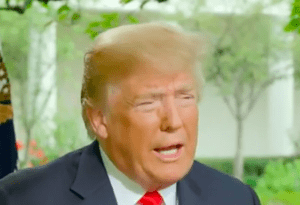
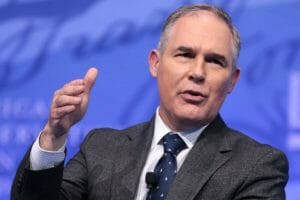
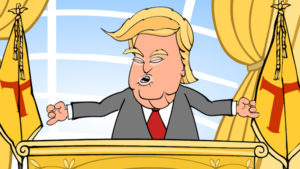
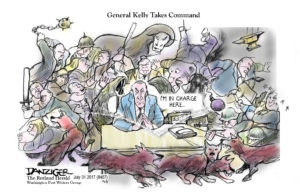
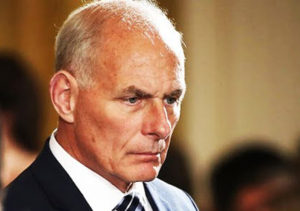
You need to be a supporter to comment.
There are currently no responses to this article.
Be the first to respond.